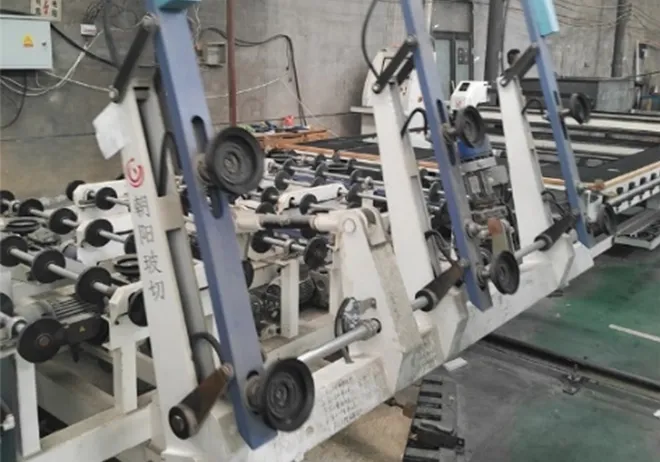Dec . 18, 2024 19:27 Back to list
types of float glass
Various Types of Float Glass An Overview
Float glass, a fundamental material in the architecture and design industries, has garnered significant attention for its production process and versatile applications. Developed in the mid-20th century, this glass is created through a unique method known as the float process, where molten glass is floated on top of molten tin to form a smooth, uniform sheet. This article delves into the various types of float glass, highlighting their properties, applications, and the innovative advancements in the field.
1. Clear Float Glass
Clear float glass is the most basic and widely used type. Characterized by its high transparency and clarity, it is typically used in windows, doors, and mirrors. Clear float glass has a low iron content, which enhances its optical properties, making it ideal for applications where clarity is paramount.
2. Tinted Float Glass
Tinted float glass incorporates metallic oxides into the molten glass to achieve a range of colors, including bronze, grey, green, and blue. This type of glass is primarily used to control solar heat gain and glare in buildings, enhancing energy efficiency. Additionally, tinted glass offers increased privacy and aesthetic appeal, making it a popular choice for commercial buildings and homes alike.
3
. Low-E Float GlassLow-E (low emissivity) float glass has a microscopically thin metallic coating that reflects heat while still allowing natural light to pass through. This innovative technology significantly improves insulation and energy efficiency, making it environmentally friendly. Low-E glass is commonly used in modern architecture, particularly in energy-efficient buildings where natural lighting and temperature control are crucial.
4. Laminated Float Glass
types of float glass

Laminated float glass consists of two or more layers of glass fused together with a layer of interlayer material, usually polyvinyl butyral (PVB). This type enhances safety and security, as it holds together when shattered, making it a preferred choice for locations prone to breakage or vandalism. Laminated glass is commonly used in skylights, façade systems, and as protective barriers in various structures.
5. Tempered Float Glass
Tempered float glass is heat-treated to increase its strength and thermal resistance. This process involves heating the glass to more than 600 degrees Celsius and then cooling it rapidly. While tempered glass is stronger than regular float glass, it shatters into small, blunt pieces when broken, reducing the risk of injury. This type is often used in shower doors, glass doors, and facades, where safety is a primary concern.
6. Reflective Float Glass
Reflective float glass has a thin coating that enhances its reflective properties. Commonly used in commercial buildings, this glass is effective in controlling heat gain and glare while providing privacy. Reflective glass can be seen on high-rise buildings and in automotive applications, blending form with function seamlessly.
7. Smart Float Glass
Advancements in technology have led to the development of smart float glass, which can change its opacity or color in response to electrical signals. This innovative glass is used in dynamic facades and smart windows, providing privacy on demand and enhanced energy efficiency. Smart glass is becoming increasingly popular in modern buildings, showcasing the potential for integration with smart home technologies.
Conclusion
The diverse types of float glass available today cater to a wide range of architectural and design needs. From clear and tinted options to the advanced functionalities of low-E and smart glass, the versatility of float glass continues to evolve. As technologies advance and the demand for energy-efficient and aesthetically pleasing materials rises, float glass stands at the forefront of innovation, shaping modern living environments while contributing to sustainability. The future of float glass promises to bring even more breakthroughs, enhancing its role across various industries.
-
Safety and Style with Premium Laminated Glass Solutions
NewsJun.24,2025
-
Reinvents Security with Premium Wired Glass
NewsJun.24,2025
-
Premium Float Glass Line for Modern Architecture
NewsJun.24,2025
-
Low Emissivity Glass for Energy-Efficient Architecture
NewsJun.24,2025
-
High-Performance Insulated Glass Solutions for Modern Architecture
NewsJun.24,2025
-
Elevates Interior Style with Premium Silver Mirror
NewsJun.24,2025
Related PRODUCTS














